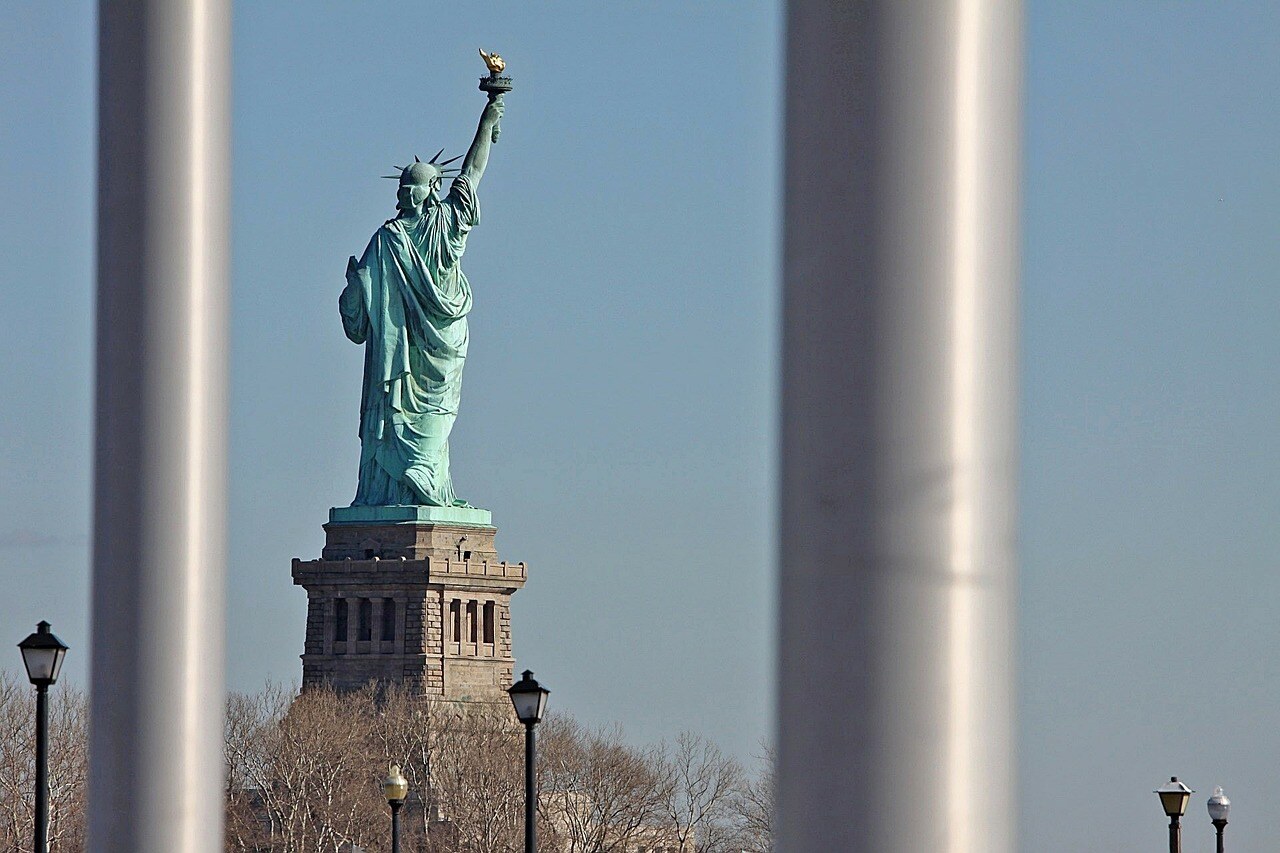![]()
 To facilitate international trade, the United States government has entered into several independent treaties with various countries. Qualifying citizens or nationals of these countries may be granted a E-1 nonimmigrant visa for the purpose of engaging in trade on their behalf, or on behalf of a qualifying employer. For a current list of countries with which the U.S. Department of State maintains a treaty of commerce and navigation, click here.
To facilitate international trade, the United States government has entered into several independent treaties with various countries. Qualifying citizens or nationals of these countries may be granted a E-1 nonimmigrant visa for the purpose of engaging in trade on their behalf, or on behalf of a qualifying employer. For a current list of countries with which the U.S. Department of State maintains a treaty of commerce and navigation, click here.
Terms and Conditions
The definition of “trade” for the purposes of granting an E-1 visa is not specifically defined, and may refer to trading in goods, services, banking, insurance, tourism, technology, and so on.
Also, while there is no set minimum amount of trade that should or must take place after an E-1 visa is granted, it is generally understood that the U.S. Department of State and United States Citizenship and Immigration place more emphasis on the volume of transactions vs. the total value of trade.
For example, all else being equal, a petitioner who is going to execute 10 deals valued at $500,000 may be granted an E-1 visa instead of (or faster than) a petitioner who is going to execute 2 deals valued at $600,000. Again, however, this is not a standard rule and applications are assessed on a case-by-case basis.
E-1 Visa Requirements: Individuals
Petitioners who wish to conduct trade on their on their own behalf (i.e. not as an employee) must meet the following E-1 visa requirements:
- The petitioner must be a citizen or national of the treaty country.
- The petitioner must provide evidence (e.g. contracts, purchase orders, etc.) that they are going to engage in substantial trade (again, this is not specifically defined).
- At least half of the volume of trade must be between the United States and the petitioner’s designated treaty country. For example, both Australia and Canada have entered into (respective) treaties of commerce and navigation with the United States. If the petitioner is an Australian citizen and more than 50% of the trade that he or she plans to conduct is between the United States and Canada, then the application will be rejected — even though both Australia and Canada have treaties. Conversely, if the petitioner plans to facilitate 50% or more trade between the United States and Australia, then provided there are no other reasons for ineligibility the application would be approved.
- The petitioner must provide evidence that he or she intends to return to their home country when their visa prior expires.
E-1 Visa Requirements: Employees
Petitioners who wish to conduct trade on behalf of their employer must meet all of the following E-1 visa requirements:
- The petitioner must be a citizen or national of the treaty country.
- The petitioner must be the same nationality of the principal alien employer.
- The petitioner’s employer either must be based in the United States and maintain nonimmigrant treaty trader status, or if they are not in the United States, they must meet all of the requirements to be granted this status were they to apply.
- The petitioner must meet the definition of “employee” under relevant law.
- The petitioner must have a supervisory or managerial role, which requires specialized skills or knowledge.
E-1 Visa Duration
If approved, an E-1 visa grants the holder a 2-year stay in the United States. However, provided that the requirements noted above are still met, the petitioner may re-apply for a 2-extension. There is no limit on the number of extensions, and the petitioner is allowed to leave and re-enter the United States (though their family cannot). Generally, a petitioner who leaves the United States is automatically granted an automatic 2-year period of readmission when they re-enter the country.
Learn More
Applying for the E-1 visa is highly complex for both individuals and employees (as well as their employers, who must also meet specific requirements). To learn more, and have your questions clearly and fully answered, contact Pollak PLLC team today. We are here to help!
--
Karen-Lee Pollak is the Managing Attorney at Pollak PLLC located in Dallas, Texas. She is a frequent speaker, author and blogger on immigration issues. She can be reached at karenlp@pollakimmigration





